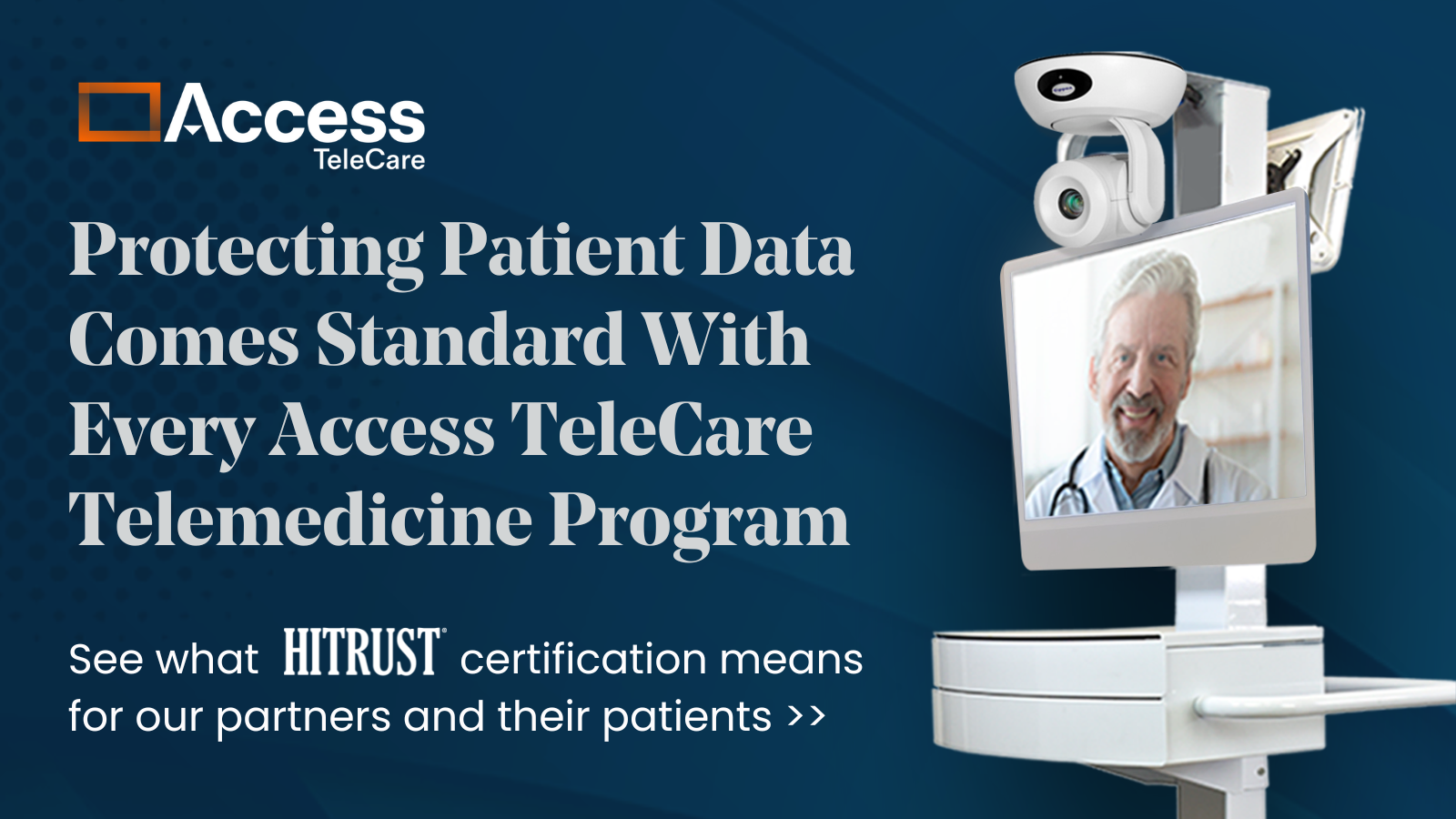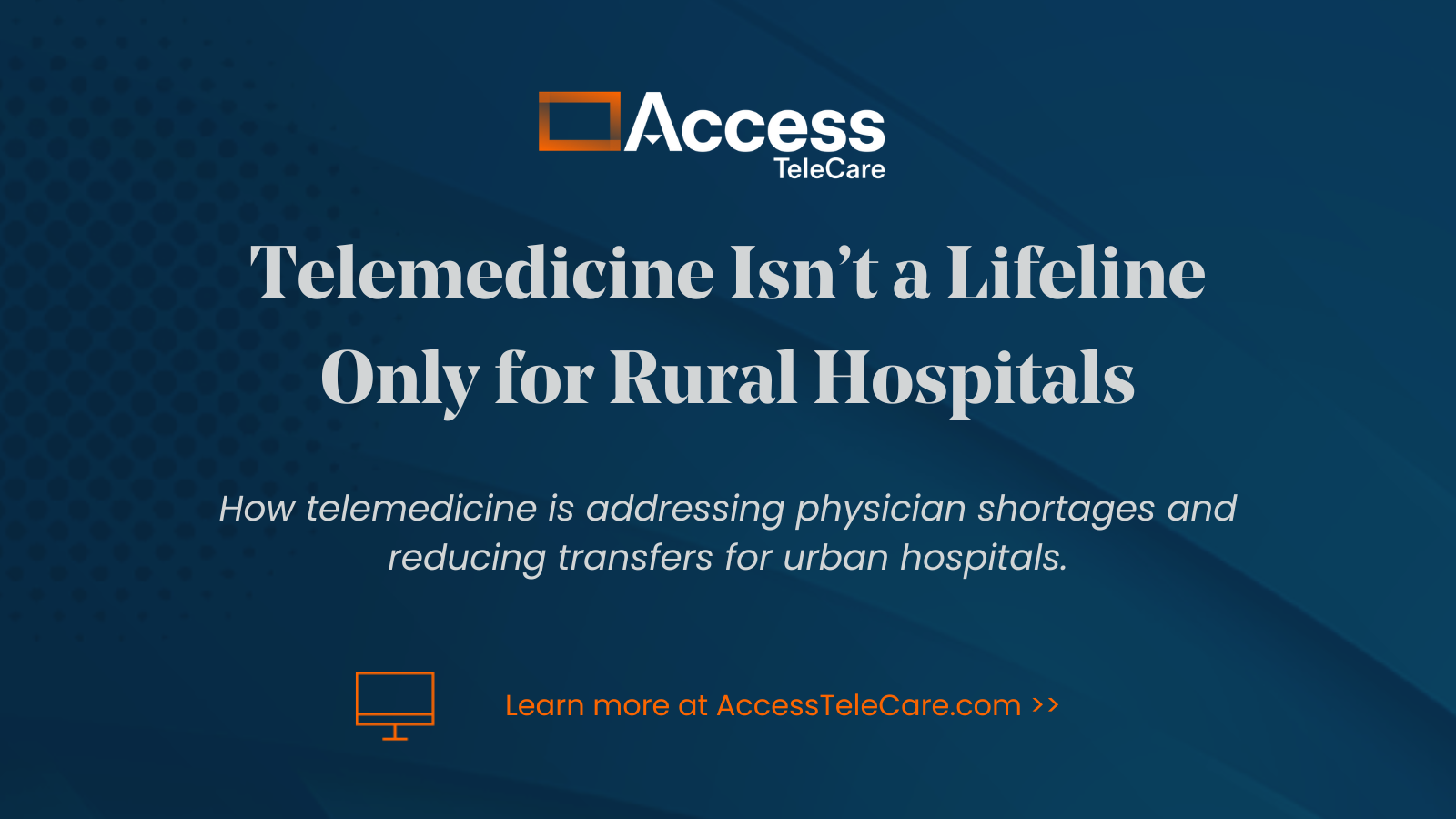By Jason Hallock, Chief Clinical Innovation Officer at Access TeleCare
The era of cheap money, at least in the digital health investment sector, is over.
2023 is not the same economic environment as 2022, 2021, or, for that matter, any time in the past two decades.
The implications are clear. Digital health companies must prove their value in order to attract investment and continue to grow.
In this new era, companies like Access TeleCare are aggregating data across systems, and indeed from hundreds of clinical care sites across the country. The goal is to definitively show that telemedicine really does deliver the same or better patient outcomes as in-person equivalents and at lower cost.
Changes in Investment Strategies
Ever since the pandemic spurred an industry-wide acceleration toward telemedicine, investors have done what they do in other industries: place a lot of big bets on the hope of future returns, even knowing that many of those might ultimately fail. This led to an explosion of largely direct-to-consumer digital health startups, with new investments pouring into digital health technology, hospital-at-home programs, AI-driven staffing optimization solutions, and much more. When money is as cheap as it has been for the past 20 years, there is a certain logic to the system.
But, for the first time in decades, money is no longer cheap, and higher interest rates mean that there are plenty of “safe” alternatives in which to invest. Just take the yields on U.S. treasuries, which have been on a steep upward rise. Boring investment vehicles such as mortgages are also looking pretty good about now.
All of this is reflected in falling investment in digital health. A July 2023 report from Rock Health noted that we are “firmly rooted in a new market cycle.” As the report notes, both the number and dollar value of deals fell in Q2, and Q3 and Q4 of 2022 were also sub-par. Should the trend continue, “we’re on track for the lowest funding year since 2019,” the report concluded.
Telemedicine Leading Data and Measurement Innovation
Fueled by billions in investment, telemedicine has been innovating on the technology side for more than a decade. Now, it is time to innovate on the data and analytics side. If we are successful, the innovation will be this: showing better outcomes at scale.
The first and most important way that telemedicine can demonstrate its value is by showcasing its impact on patient outcomes. Access TeleCare is improving our data collection and analysis on the effectiveness of service lines for our hospital and health system partners, as well as effectively visualizing it in order to drive better clinical and operational decisions.
Data is only data until it tells a story. This is no easy task. Until now, the industry has been making intuitive arguments for discrete use cases—the use of a teleHospitalist to speed admissions and throughput in hospitals at night, for example. Moving from case studies to patient outcomes at scale is an evolutionary step for our company and industry.
Demonstrating value is even more important as health care costs continue to rise, and the industry experiences increasing pressure to deliver care more efficiently. Meanwhile, the unsettled regulatory environment spurred by pandemic-era waivers is beginning to settle into a new normal. It is still complex and can still feel like a moving target for administrators.
Nevertheless, this is telemedicine’s time to prove it can be sustainable and cost-effective within the regulatory landscape as it exists, and not based on some future change or the extension of a temporary relaxation in rules.
Finally, the enormous amount of turnover in hospital and health system leadership over the past few years makes the need to prove value even more pressing. The median tenure of a hospital CEO is 3.6 years, according to a report from the American College of Healthcare Executives. In other words, the value of a teleNeurology program that was stood up three years ago may have been evident to those in leadership at the time, but with executive turnover, programs must continually prove their value.
These changes will ultimately benefit everyone, including patients.







